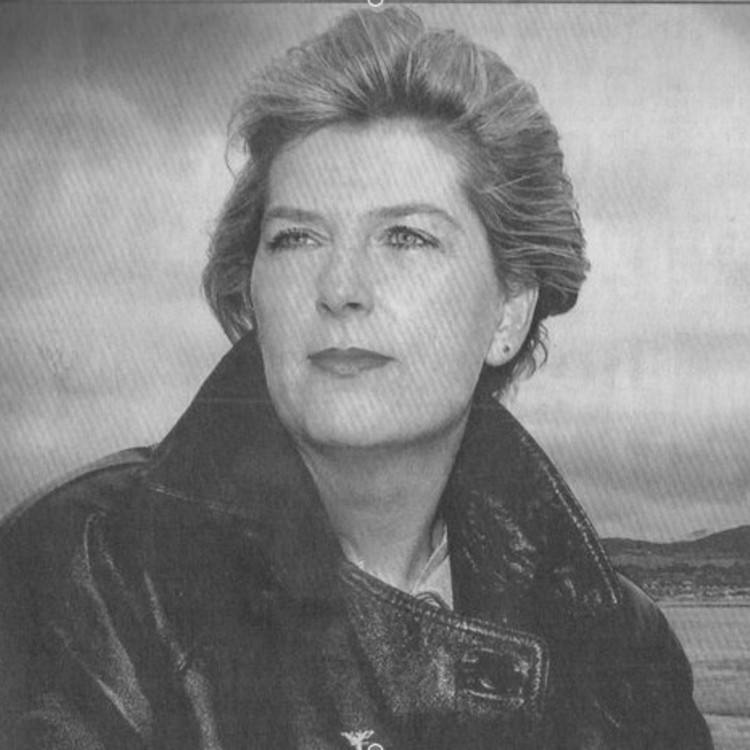From Author to Playwright in Six Easy Steps
The transition from author to playwright is not often a smooth crossing. The journey can be a rapturous roller coaster ride, or a terrifying trek through a ghost train tunnel. Both carnival favorites employ theatrical and dramatic effects that stimulate the visual and the auditory, and the thrill can quickly become addictive. Though I’ve had four books published, my personal induction to the world of drama was bumpy. My first theatrical foray was a challenge: I had twenty-four hours to write a ten-minute piece to be staged in a park. Luckily for me, I had excellent collaborators. The director coached me every step of the way. I didn’t initially know that one page equaled one minute of stage time; trying to utilize that sixty seconds was hard work. Once I grasped the concept that I was not writing for readers but “viewers,” though, the road ahead felt less daunting.
As a novice playwright, I found myself obsessed with every tiny detail—details that were unnecessary and time consuming. In my early plays, dialogue was preceded with directing instructions. My drafts were severely overwritten and my language was too complicated. I could have saved myself a lot of nail-biting stress had I understood my job was to write the drama, not be part of it.
Writers who come to the theatre from other genres don't always immediately know their place. Working your way through the development process can be confusing. There are read-throughs, meetings, auditions, blocking rehearsals, dress rehearsals, and of course the script, which has to be perfected along the way. If you're used to being holed up in a room with only your characters and your imagination, walking into a collaborative team environment can be overwhelming.
Allow the director and actors to do their work. Often they are the people who discover that sigh, that pause, or that extra word that can bring your efforts to the highest standard possible.
Here are some tips I’ve come to find helpful:
1. Stick to your job.
If you are the author of a stage play or screenplay, your job is to write the script. Don't concern yourself with how actors might look, stand, walk, and speak. Neither should you concern yourself with how an act or scene will appear on the stage. Don't waste your time thinking about costumes or seats. Forget about posters and fliers, and if the weather is going to be good or bad. The director, producer, actors, and stagehands will infuse their talents into your work later on.
2.Observe at read-throughs.
The read-through is a crucial element of the process. It can become painfully obvious that something is wrong, and equally evident that something is right the moment someone utters your written words out loud. That's why it's so important to observe and absorb at these critical gatherings as a writer. Resist the urge to explain or interrupt the conscious train of thought that surfaces within the group. Jot down what's working and what isn't. Avoid inviting family and friends who will only feel obliged to flatter you. Learn to decipher between genuine constructive commentary and negative barbs that may be coming from people with an agenda. Likewise, reluctance from some to express an opinion is simply a fear of upsetting the circle. You may be approached alone after the read-through, so stick around. Learn to separate the wheat from the chaff. The wheat is your literary banquet and that's what feeds you.
3.Contracts.
Play contracts are similar to book contracts, but it is always wise to have an agent go over it first before you sign on the dotted line. If you don't have an agent, make sure that you are the sole creditor for the creation and the writing of the play, and that this is specified in all publicity/promotion material. Make sure you are happy with the advance fee (if any), the time period the producer will have rights to your play, and the specified jurisdictions where s/he will produce it. Understand that this contract is a business agreement and a legal document.
4.Your dialogue is motion.
If you are new to playwriting, it may take some time to understand that every line of dialogue is an action. If it is not an action, then it is a set-up for a pay-off later. A play must gallop from one second to the next without the slightest pause, much like a thundering freight train. Don't think about the readers who pick up your work when it's convenient to them. Think of people in seats watching live drama unfolding before their very eyes. You are trying to engage a real human being through the actions of other human beings. If there is no action, you don't have a play.
5. Re-write daily.
Stay on top of your story by re-writing daily. The momentum, pace, and delivery of a good piece of drama emerges in continuity. In the final rehearsal period, allow the director and actors to do their work. Often they are the people who discover that sigh, that pause, or that extra word that can bring your efforts to the highest standard possible. Allow for their interpretation. Add-ons are essential to character development and should not be interpreted as meddling alterations, but small enhancements that make your work sing. Often these little adjustments can bring an entire scene, or act, to a level that's better than anything you could ever imagine.
6.Book a seat and enjoy the show!
It's opening night and you're excited. You're also nauseous with anxiety and terrified of the audience reaction. Be realistic. If it's a unique and original work, it takes a number of runs for any play to catch fire. There is no point in worrying about sold out seats, standing ovations, or the lack of both. It is the producer and theatre company’s job to take care of these elements. Your job is complete. Sit back, relax, and watch your creation come to life. There is nothing more wonderful than that moment. Enjoy!



Comments
The article is just the start of the conversation—we want to know what you think about this subject, too! HowlRound is a space for knowledge-sharing, and we welcome spirited, thoughtful, and on-topic dialogue. Find our full comments policy here